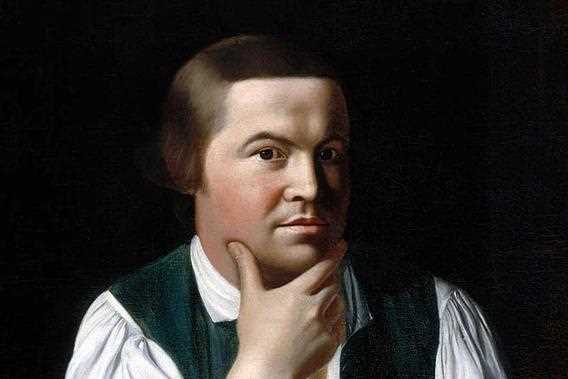Paul Revere gets all the wonder however he wasn't the just a single to influence a challenging late-night to ride to caution that the British were coming. The home of Virginia Governor Thomas Jefferson, to sound the caution that British powers were headed to catch the Founding Father. Because of Jouett, later named the Paul Revere of the South, Jefferson figured out how to escape and abstain from being taken, prisoner.

On the night of June 3, 1781, Jouett was at a Virginia bar when he spotted Lt. Colonel Banastre Tarleton adjacent with 250 British troops. Jouett understood that Tarleton and his men were made a beeline for Charlottesville, where Virginia's General Assembly was briefly meeting. The Assembly had moved there after the capital, Richmond, was assaulted by British powers, drove by late turncoat Benedict Arnold. Tarleton intended to catch numerous driving Virginian government officials, including Richard Henry Lee, Patrick Henry and Thomas Jefferson, whose bequest was only outside of Charlottesville.
Jouett, mindful that the territory was undefended, dashed during that time to caution Jefferson, achieving Monticello in the early long stretches of June 4. He then proceeded to Charlottesville to alarm administrators about the moving toward British officers. Later that same day, Jefferson rode to security, barely missing the landing of foe troops at his home. A bunch of officials, be that as it may, were caught in Charlottesville.
Jefferson's political rivals censured him for escaping and guaranteed he'd deserted his obligations as representative. Truth be told, he had intended to wrap up his term on June 2 and his successor should be chosen that day; rather, another senator wasn't picked until June 12. The General Assembly later pardoned Jefferson of any bad behavior, and in 1801 he turned into America's third president. Be that as it may, as he composed, the charges from the occasions of 1781 "incurred an injury on my soul which might be cured by the all-recuperating grave."
With respect to Jouett, in 1782 he moved to introduce day Kentucky, where he went ahead to have 12 youngsters and serve in the assembly. Virginia administrators gave Jouett, who kicked the bucket in 1822, a sword and guns to express gratitude toward him for his courageous ride, however, he never turned into an amazing figure like Paul Revere.